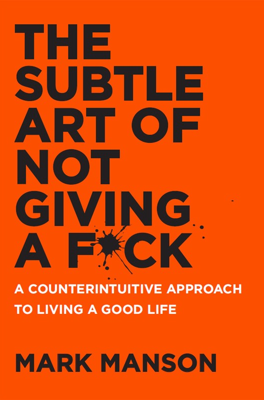The Importance of Saying No
The Necessity of Rejection and Commitment
Mark Manson reflects on his past as a globe-trotting digital nomad, a phase where he reveled in the uncapped freedom of experiencing new cultures and relationships without boundaries. While it seemed ideal, he soon realized this lifestyle was fueled by unhealthy values including avoidance of commitment due to deep-seated issues like shame and social inadequacies developed during his teenage years.
His epiphany about the value of commitment came after years of jumping from one country to another. During a less than satisfying stay in Saint Petersburg, Russia, the straightforward, unfiltered communication he encountered taught him the beauty of authentic expression and setting boundaries—essentially learning to say no. This blunt Russian interaction helped Manson confront his underlying insecurities that had been absent from his self-awareness but palpable in quieter moments.
Manson discusses how absolute freedom didn't equate to happiness but rather, how genuine happiness stemmed from selective commitment. He points out the importance of embracing rejection and setting boundaries as a fundamental aspect of healthy relationships and self-development. Relaying lessons from cultural differences in values and communication norms, he illustrates how Western courtesy might actually dilute genuine relations and self-understanding.
Rejection, Manson argues, is key to defining personal values and identity. By choosing what we reject, we also choose what we stand for. If one never says no (avoiding rejection of others and possibly fearing being rejected themselves), they risk having a life devoid of true meaning, values, and identity. This principle extends beyond personal to societal interactions, underscoring the necessity of embracing rejection to foster genuine relationships and personal growth.
In intimate relationships, acknowledging and setting boundaries is crucial. Manson asserts the health of a relationship can often be measured by how well each partner can accept responsibility and handle rejection. He critiques the romanticized idea of unconditional love seen in stories like Romeo and Juliet, suggesting that healthy love involves clear boundaries and the ability to say and hear "no," which facilitates trust and mutual growth.
Manson closes the chapter by reflecting on how his shift towards commitment has enriched his life, providing depth and fulfillment that was absent in his previous nomadic lifestyle. He advocates for a balance between freedom and commitment, suggesting that while exploration is valuable, true rewards come from deep, focused engagement in fewer, more meaningful choices.
